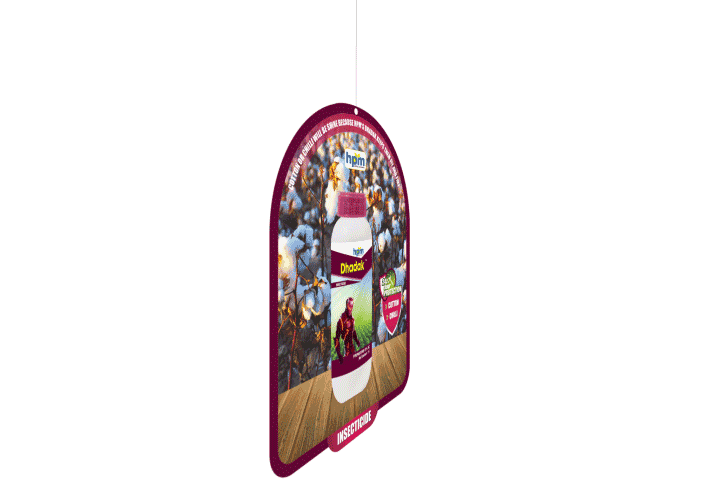- HOME
- ABOUT
- INFRA
- BUSINESS AREA
- KNOWLEDGE
- CSR
- Policy & Committe
- Activities
- Plantation Drive(Samba)
- Green Nation Clean Nation Plantation Drive
- Santosh Krishi Diwas
- 14 TH SENIOR ROLL BALL NATIONAL CHAMPIONSHIP
- Arm Wrestling Championship
- Clothes Distribution for Students
- Samuhik Vivah Bhiwadi
- Help him to Breathe
- WHEELCHAIR DISTRIBUTION KHUSHKHERA
- Girl's Adoption CSR
- Save Eyes Save Life
- CAREERS & HR
- NEWS
- CONTACT
- BLOG
QUESTIONS? CALL: 011-4507 1800

Stands for delivering best service and exceptional quality for crop protection.
Tel. (911) 45071800-899
Email: info@hpmindia.com
HPM Chemicals & Fertilizers Ltd.
209-210, Anupam Bhawan, Azadpur Commercial Complex Azadpur, Delhi-110033
Pyriproxyfen 10% EC (Dhadak)
Pyriproxyfen belongs to the family of juvenile hormone mimics analogue as it mimics natural hormone in insects and disrupts their growth. It is a type of insect growth regulator that affects mostly young insects and eggs, it stop young insects from maturing into adults. Pyriproxyfen can affect an insect by contact and stomach . However, pyriproxyfen is rarely toxic to adult insects. Instead, it disturbs egg-laying and egg-hatch and keeps young insects from growing into adult forms. This prevents target insects from multiplying. Pyriproxyfen affects many types of insects, including fleas, cockroaches, ticks, ants, carpet beetles, and mosquitoes.
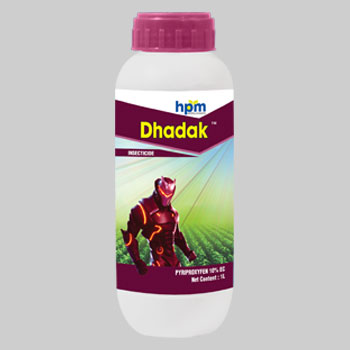
Dhadak
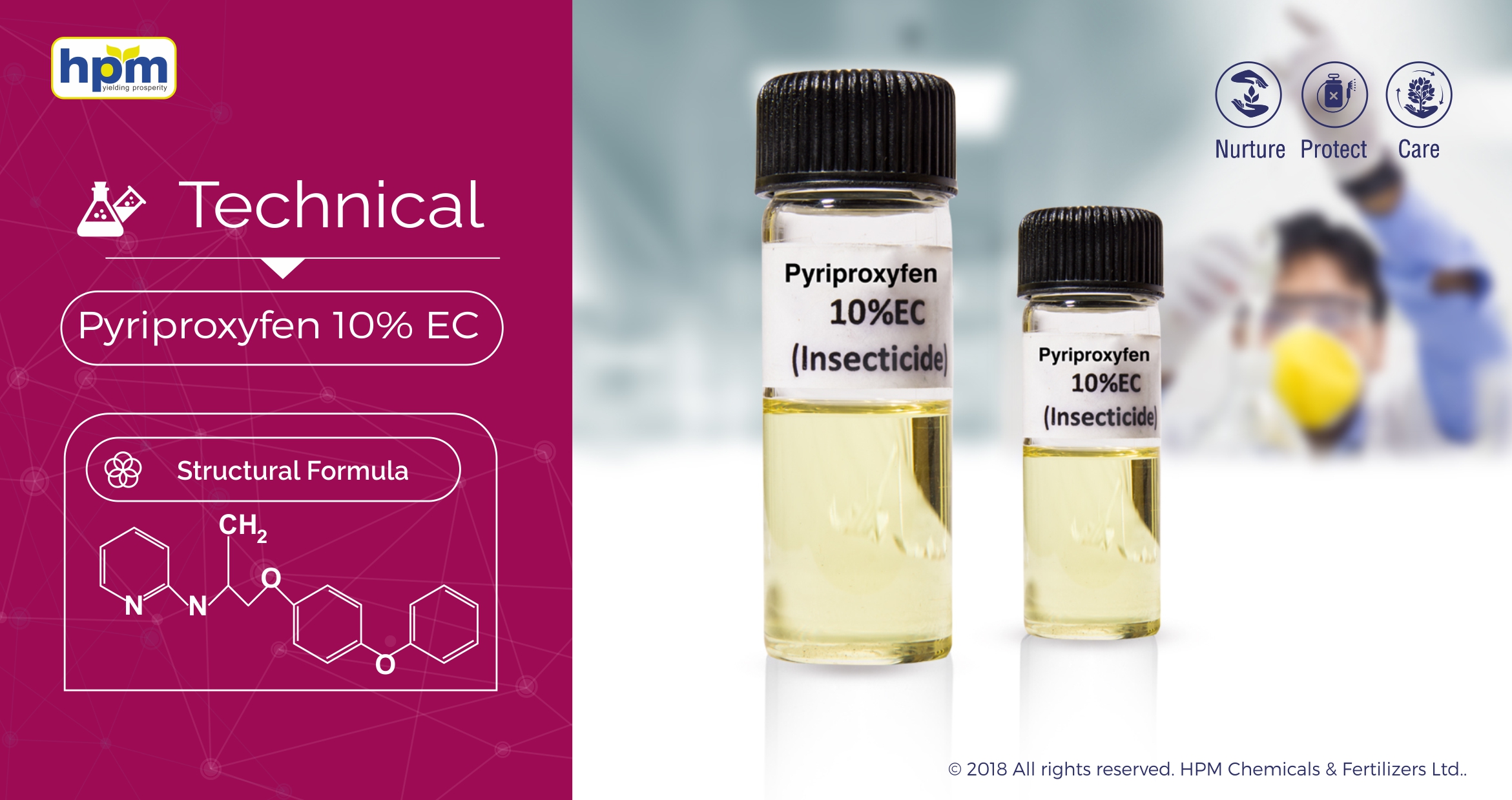
| Product Name |
: |
Pyriproxifen | |||||
| Type of pesticide |
: |
Insecticide | |||||
| Chemical name |
: |
2-[1-methyl-2-(4-phenoxyphenoxy)ethoxy]pyridine | |||||
| Formula |
: |
C20H19NO3 |
|||||
| CAS No. |
: |
[95737-68-1] | |||||
| UN No |
: |
3077 | |||||
| Packing group |
: |
III | |||||
| IMDG |
: |
Class- 9 [Environmentally hazardous substances, liquid , n.o.s. (Pyriproxyfen)] | |||||
| Shelf-life |
: |
Two years under normal storage conditions. | |||||
|
DESCRIPTION |
|||||||
| Pyriproxyfen belongs to the family of juvenile hormone mimics analogue as it mimics natural hormone in insects and disrupts their growth.. Pyriproxyfen can affect an insect by contact and stomach . However, pyriproxyfen is rarely toxic to adult insects. Instead, it disturbs egg-laying and egg-hatch and keeps young insects from growing into adult forms. Pyriproxyfen affects many types of insects, including fleas, cockroaches, ticks, ants, carpet beetles, and mosquitoes. | |||||||
| Mode of action | |||||||
| It is a type of insect growth regulator that affects mostly young insects and eggs, it stop young insects from maturing into adults. It also works as a suppressor of embryogenesis, inhibitor of metamorphosis and reproduction. | |||||||
| Applications Apply as soon as the insect population beings to appear in the field but before it reaches Economic Threshold Level (ETL). Weather should be clear, clam, no rains and no strong winds. 2-3 sprays are required at the interval of 7-14 days, depending upon the pest infestation. No more than three sprays in a season. | |||||||
| Structure Formula |
: |

|
|||||
| Physical Properties | |||||||
| Appearance |
: |
White to pale yellow waxy solid | |||||
| Pyriproxyfencontent, percent by mass |
|
95% Min. | |||||
| Solubility in water |
: |
0.37 mg/L (25°C) | |||||
| Density |
: |
1.24 g/mL (25°C) | |||||
| Coefficient |
: |
Log Pow = 5.37 (25°C) | |||||
| Vapour Pressure |
: |
< 0.013 mPa (22.8°C) | |||||
| Compatibility |
: |
Compatible with most of the insecticide | |||||
| TOXICITY DATA | |||||||
| Mammalian Toxicity |
: |
WHO (a.i.) U; Unlikely to present acute hazard and EPA (Formulation)IV | |||||
| Environmental Toxicity |
: |
Pyriproxyfen is rapidly broken down by sunlight and soil microbes. Pyriproxyfen is stable in water alone and breaks down more slowly in water when it’s dark. When applied to plants, pyriproxyfen can move within leaves but that it does not move throughout plants easily. It is not toxic to rats. It do not cause irritation to skin and eyes, and do not cause any sensitization. It is non-toxic to birds. It is toxic to fishes and other aquatic animals. It is toxic for algae | |||||
| Formulation |
: |
10% EC | |||||
| Trade name |
: |
DHADAK | |||||
| Packing detail |
: |
100ml , 250m l , 500ml, 1 Liter and 5 Liter | |||||
| Recommendations | |||||||
| Crop | Common name of the Pest | Dosage/acre(ml) | Dilution in Water (Liter) |
Waiting Period
(days |
|||
|
Cotton
|
White Fly | 200 | 200 | 50 | |||
|
Chilli
|
Whiteflies, Aphids | 200 | 200 | 7 | |||


